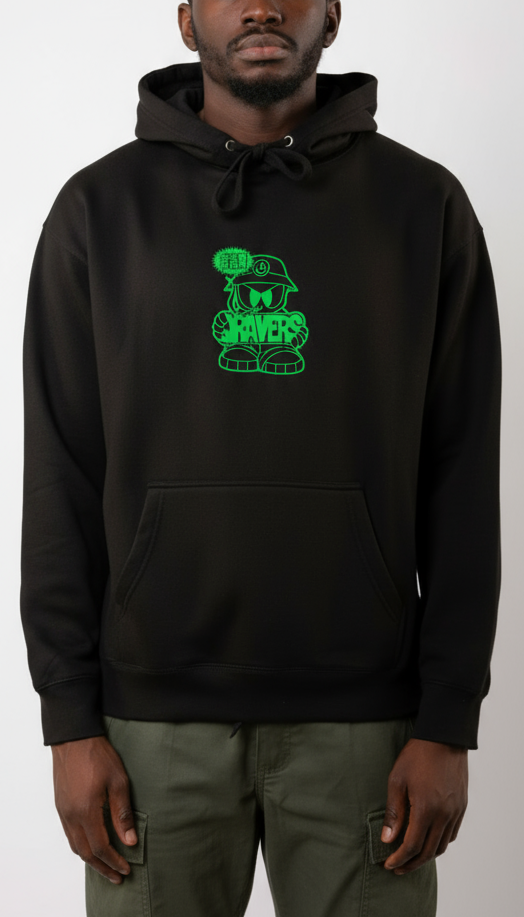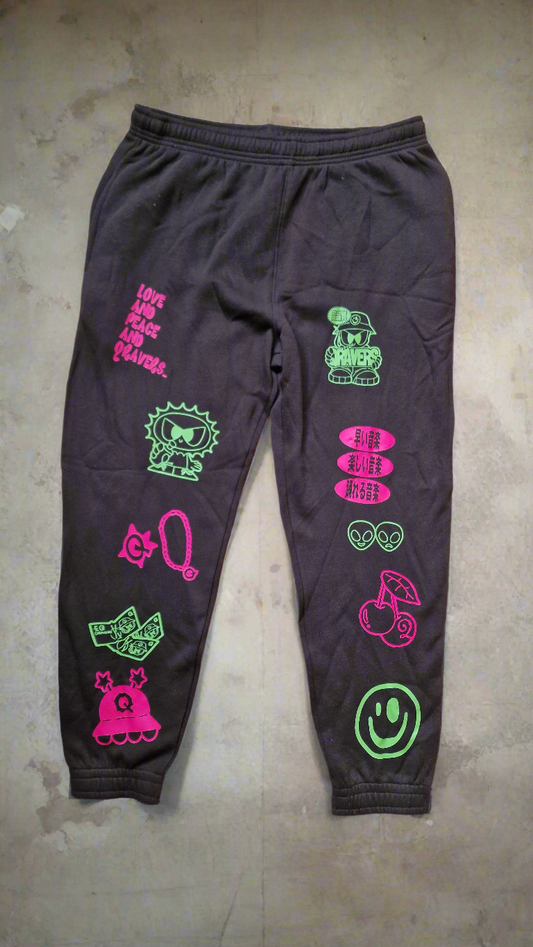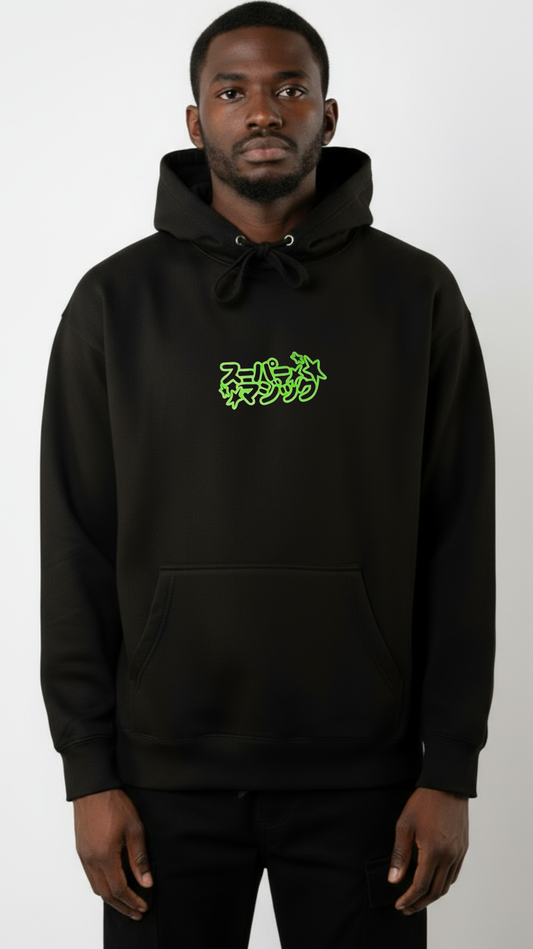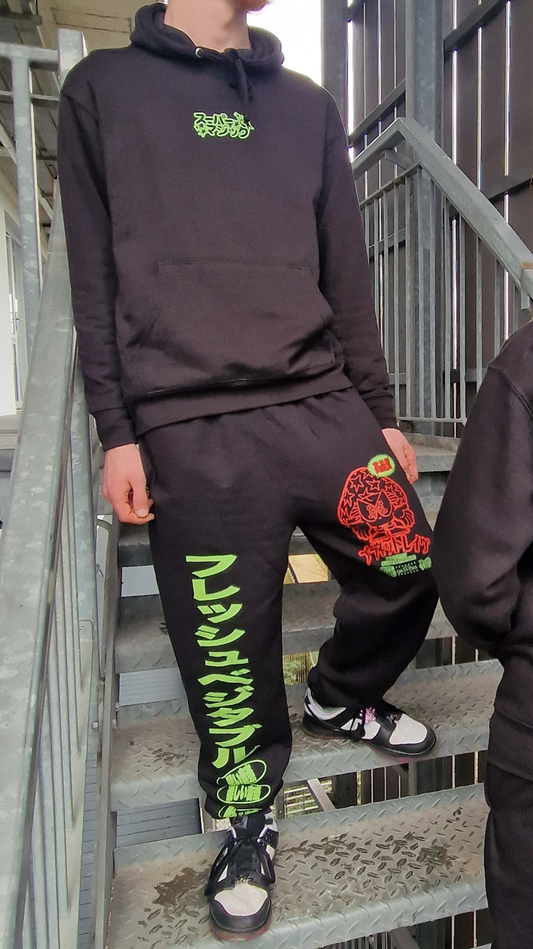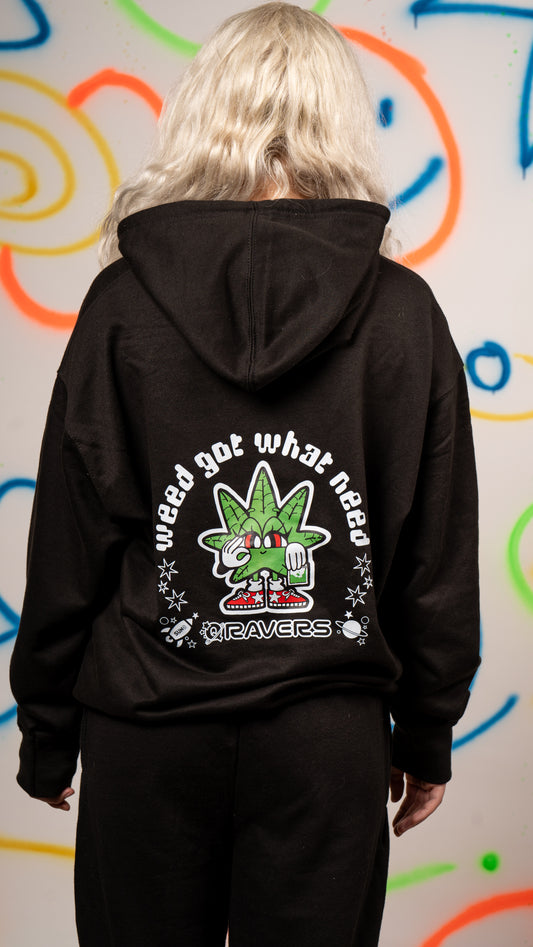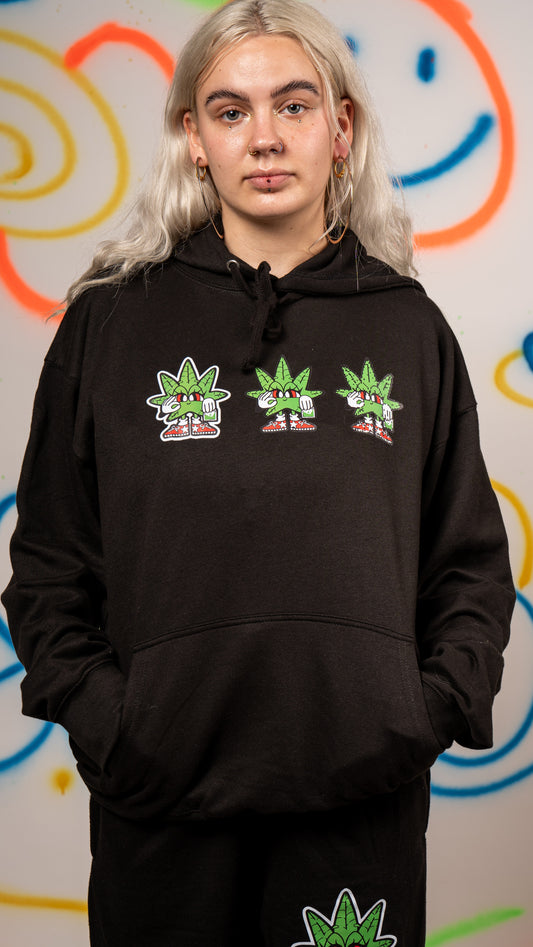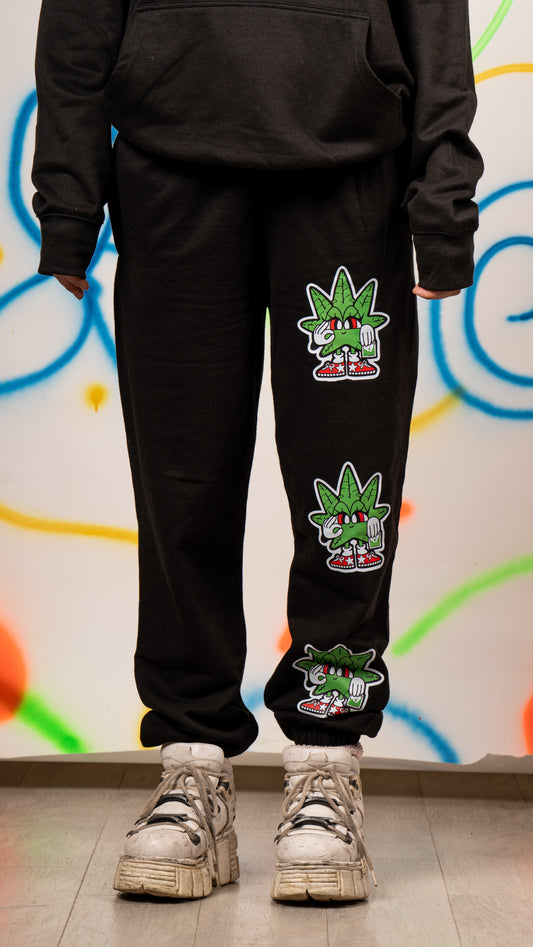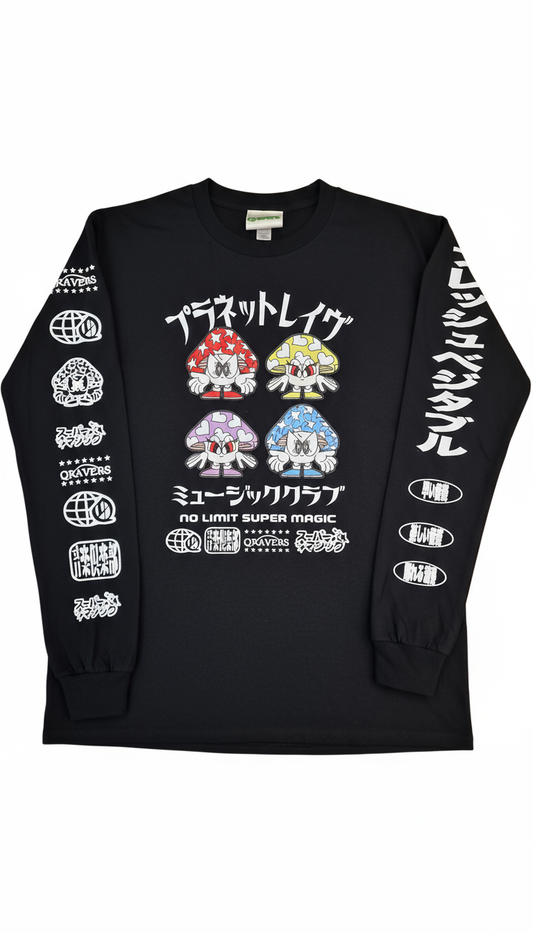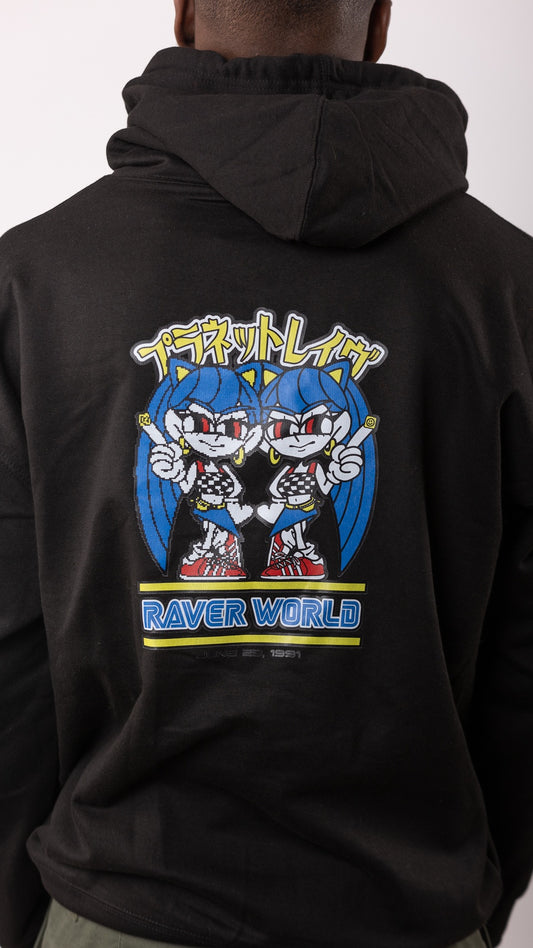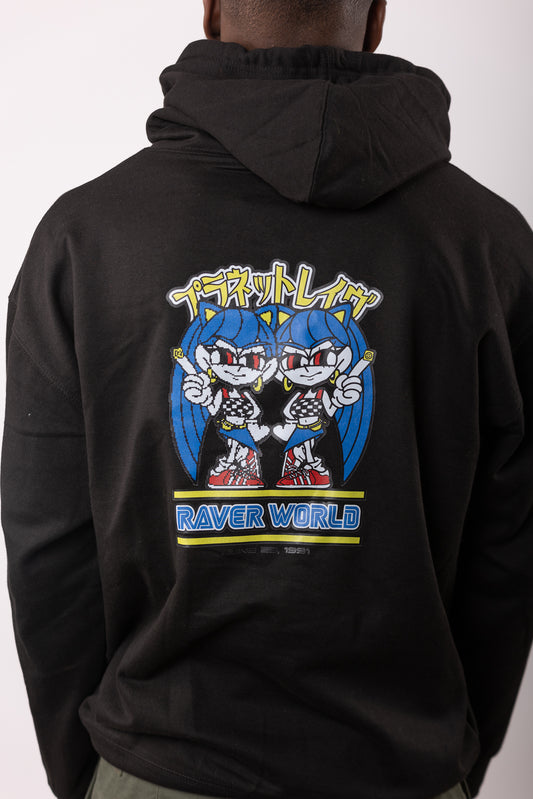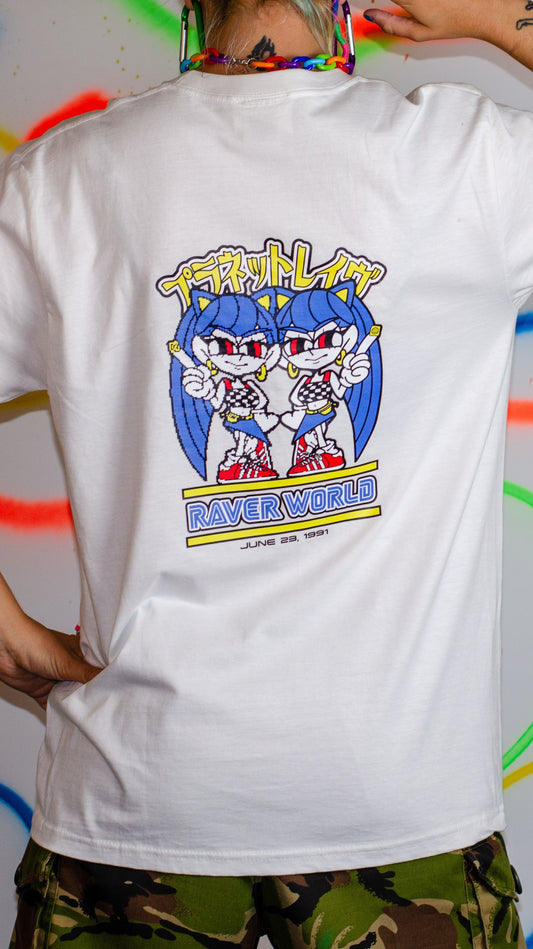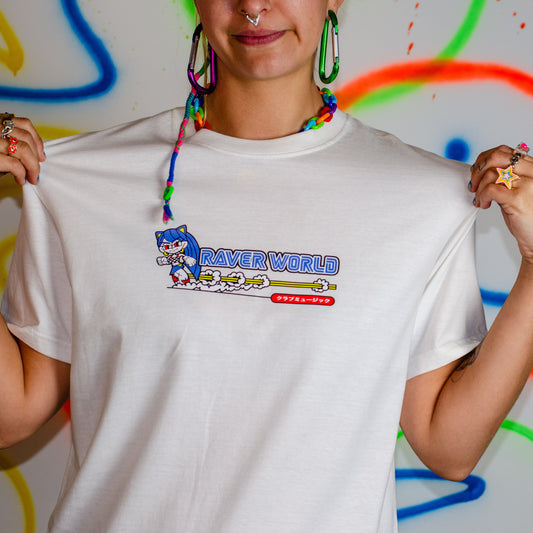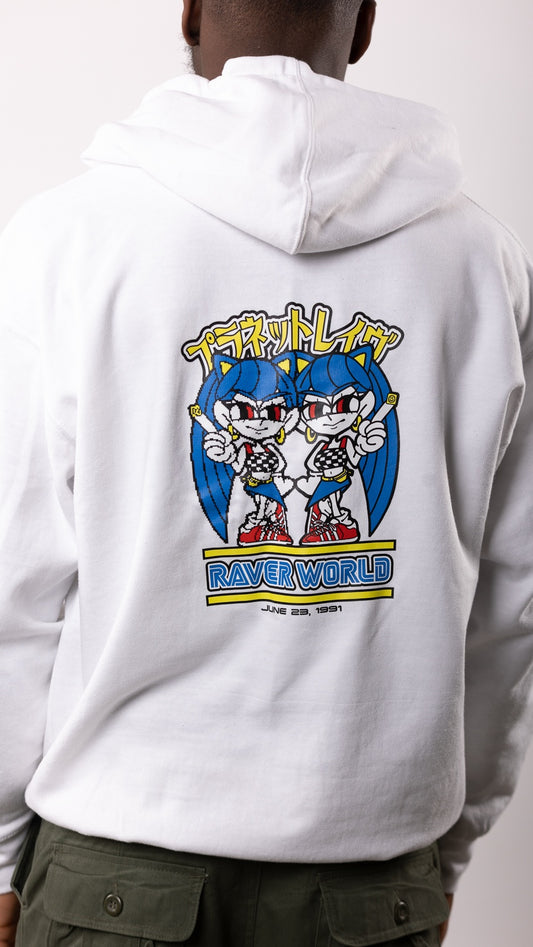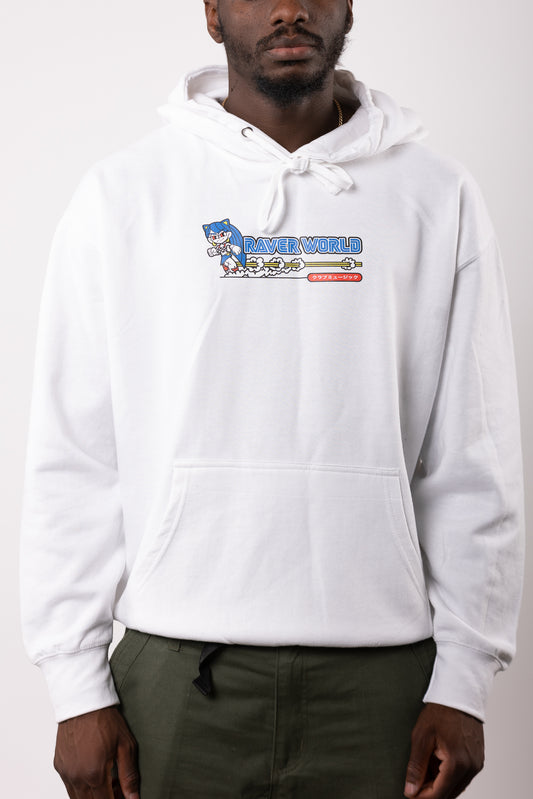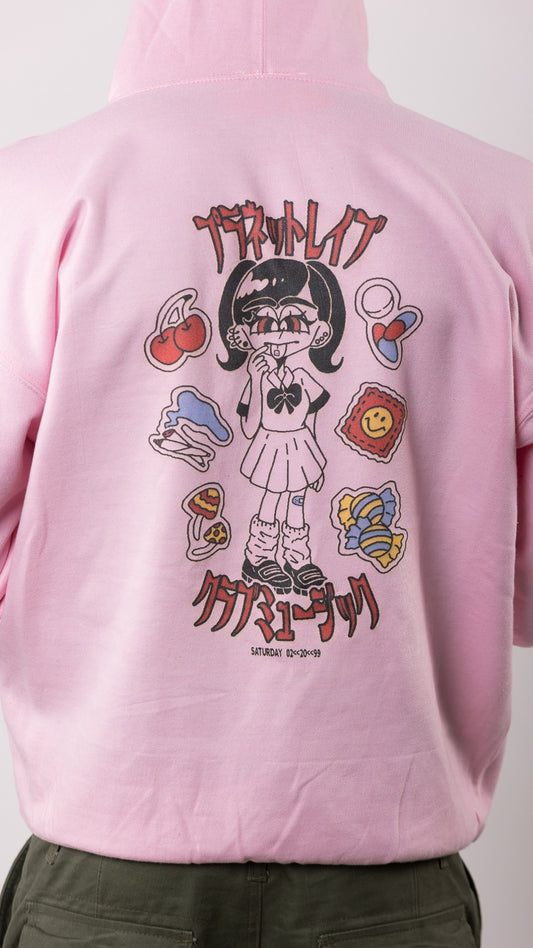Raving Safe: Essential Knowledge for the Scene
Share
Forget the glossy festival ads and the endless Instagram stories. Rave culture has survived for over three decades—through government crackdowns, moral panics, and social shifts—not because of mystical magic, but because the community figured out how to look after itself.
Raising Responsible Ravers
From the smoky warehouse floors of the Second Summer of Love to today's super-festivals, the rave community has always looked out for each other. Before harm reduction organisations existed, ravers who lived through the warehouse party era and the evolution of jungle and drum & bass developed their own codes of conduct—a practical survival manual passed from experienced raver to beginner.
This isn't about being preachy. It's about genuine care. The best mentors are the ones who've been there, made mistakes, and want to help younger ravers avoid the same pitfalls. Education works better than judgment, and honest conversations save lives.
You're part of this culture now, and the first rule of the dancefloor is: We look out for each other. Here is the essential, UK-specific harm reduction knowledge that keeps the scene thriving and ensures you and your crew make it home safe.
The Unwritten Rules That Actually Matter
There's stuff you only learn by being around the scene. Not rules exactly – more like codes that make everything work better:
If someone's sitting alone looking lost, check on them. A simple "you alright mate?" takes five seconds and can make all the difference.
If you've left a drink unattended, bin it. Doesn't matter, better safe than sorry.
If someone asks for help, you help. No questions, no judgment. Sort it out first.
If you're in the crowd and someone falls, you pick them up. Immediately. No hesitation.
If you're at the front and someone's getting crushed, you make space. People's safety comes first.
Pacing Yourself: The 12-Hour Marathon
You can't go full send for 12 hours straight. Your body isn't built for it, and trying will just mean you're done by midnight while everyone else is still going.
The Strategic Sit-Down: Find a spot, sit down, breathe. You're not missing out – you're recharging.
Actual Food: Eat something real before you go. Bring snacks if the venue allows it. Your body needs fuel.
Hydration Without Overdoing It (The Science): Sip water regularly. Don't back a litre in one go—that's how you risk water intoxication, especially when dancing heavily. A safe bet is alternating about 400-500ml of fluid per hour with an electrolyte drink or salty snack every few hours to keep your sodium balance healthy.
Temperature Management: Wear layers you can take off. Step outside for fresh air. If you're at a warehouse party or basement rave, cooling breaks are mandatory.
Breathable Clothing Matters
Wear moisture-wicking cotton or breathable fabrics designed for 8-hour sessions. Layering is essential for UK warehouse parties where temperatures fluctuate wildly. Step outside for fresh air, take off layers when you're hot, add them back when you cool down.
Functional rave gear makes a real difference. Check out our genre collections for specific rave tailored garms built specifically for all-night warehouse sessions and festival fields.
DnB Collection, ACiD Collection,
Junglist Collection, Tekno Collection
The Reality About Substances
Let's be honest: substances are part of rave culture. Pretending otherwise is pointless. But here's what actually matters:
Testing Services Exist for a Reason: The Loop (UK), DanceSafe (USA), and Energy Control (Spain) provide on-site testing at licensed festivals and events. Look for The Loop, the key UK service. Current UK data shows over one in ten samples sold as MDMA are mis-sold, dangerously high-dose, or contain high-risk compounds. You can never know what you have without testing.
Reagent Test Kits (Legal Update): You can buy these online. They are legal to purchase and possess in the UK. Use them before you go, as some event security may still confiscate them.
Start Low, Go Slow (The UK Crush, Dab, Wait): If you're going to take something, start with less than you think you need. For MDMA crystal, the advice is: Crush it up, dab a small amount on your finger, and wait at least 90 minutes. You can always take more. You can't take less.
Tell Your Mates: If you've taken something, let your friends know so they can help if something goes wrong. Accurate information saves lives.
🇬🇧 UK On-Site Welfare and Medical: Who's Who
When you see a tent marked "Welfare" or "Medical" at a UK event, you should know exactly who they are and what they do.
Medical (e.g., St John Ambulance, private medics): Registered healthcare professionals dealing with immediate physical illness, injuries, and life-threatening emergencies. If it's a physical crisis, you go to them.
Welfare (e.g., Open Road, W.E.L. Safe, Codeblue): These teams provide non-judgmental emotional support, a safe, quiet space to calm down, crisis intervention (including bad trips, panic attacks), and general help. They are there to support you psychologically and practically.
The Golden Rule: Both teams prioritise life-saving and attendee care. The Welfare Tent is a safe space for you to be honest about what's been consumed so they can treat you or your friend safely.
Spotting When Someone Needs Help
There's a difference between "having a good time" and "needs help right now."
Temperature: If someone's skin is burning hot and dry (a major sign of heat stroke) or ice cold, that's a problem. Get them somewhere cooler or warmer, get them water, and consider getting help.
Breathing: Irregular breathing, really slow breathing, or struggling to breathe – get help immediately.
Consciousness: Can't wake them up? Can't get a coherent response? That's a medical emergency. Recovery position, call for help immediately.
Confusion or Panic: If someone's properly lost, panicking, or not making sense, get them to the Welfare Tent, stay with them, and talk them down calmly.
When in Doubt, Get Help: Festival medical teams and venue staff are not there to get you in trouble. They are there to save lives.
The Recovery Position (Actually Learn This)
If someone's unconscious but breathing normally, you must put them in the recovery position (Source: St John Ambulance / NHS).
- Kneel beside them and straighten their legs.
- Place the arm nearest to you at a right angle to their body, palm facing up.
- Bring the other arm across the chest and hold the back of their hand against the cheek nearest to you.
- Pull the far knee up until the foot is flat on the floor.
- Keeping the hand pressed against the cheek, pull on the far leg to roll them towards you onto their side.
- Gently tilt the head back and lift the chin to ensure the airway remains open.
- Stay with them and call for help.
This stops them choking if they vomit. It's basic first aid that everyone should know.
What to Bring (The Actual Essentials)
Water bottle – Refillable. Most UK venues and festivals have free water stations.
Cash – Card machines fail. Cash doesn't.
Comfortable shoes – You're going to be on your feet for hours.
Earplugs (The Right Ones): Proper high-fidelity earplugs, not foam. They use acoustic filters to reduce the volume by 15-20 dB evenly, protecting your hearing while preserving the music quality.
The Buddy System Actually Works
Go with mates. Stick with mates. Set a meeting point in case you get separated. Check in with each other throughout the night.
It's not about being clingy – it's about having someone who knows where you are and can help if things go sideways. The best nights are the ones where everyone gets home safe.
The Day After: Recovery Basics
Hydrate: Water, electrolyte drinks, whatever works.
Eat: Proper food. Focus on protein and complex carbs.
Sleep: As much as you can get. Your brain needs it.
Be Kind to Yourself: Rest. If you're feeling rough for more than a couple of days, or if something feels seriously wrong, contact NHS 111 or your GP.
A Culture Worth Preserving
Rave culture has survived and thrived for over three decades because of this intergenerational knowledge transfer. The best nights are the ones where everyone gets home safe and ready to do it again.
You don't need a training academy. You just need to give a shit about the people around you and use some common sense.
See you on the dancefloor. Look after each other.


